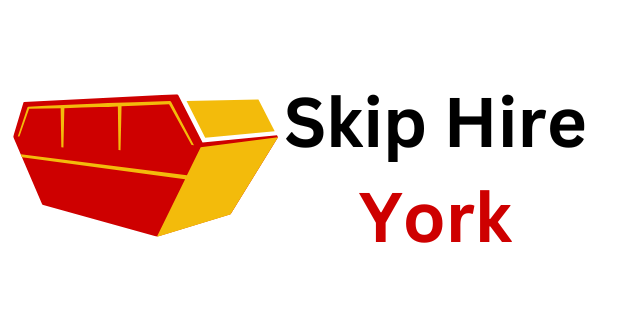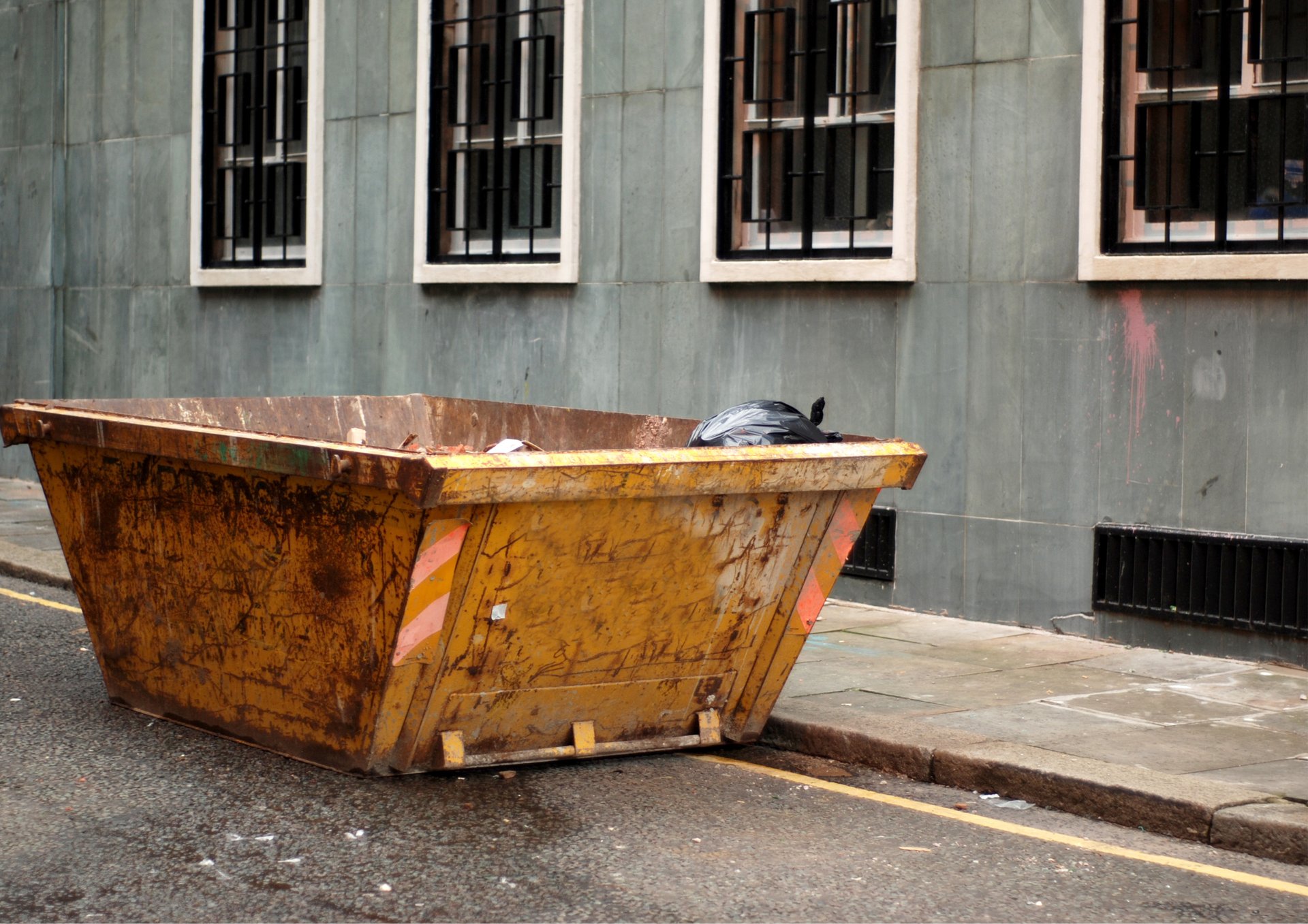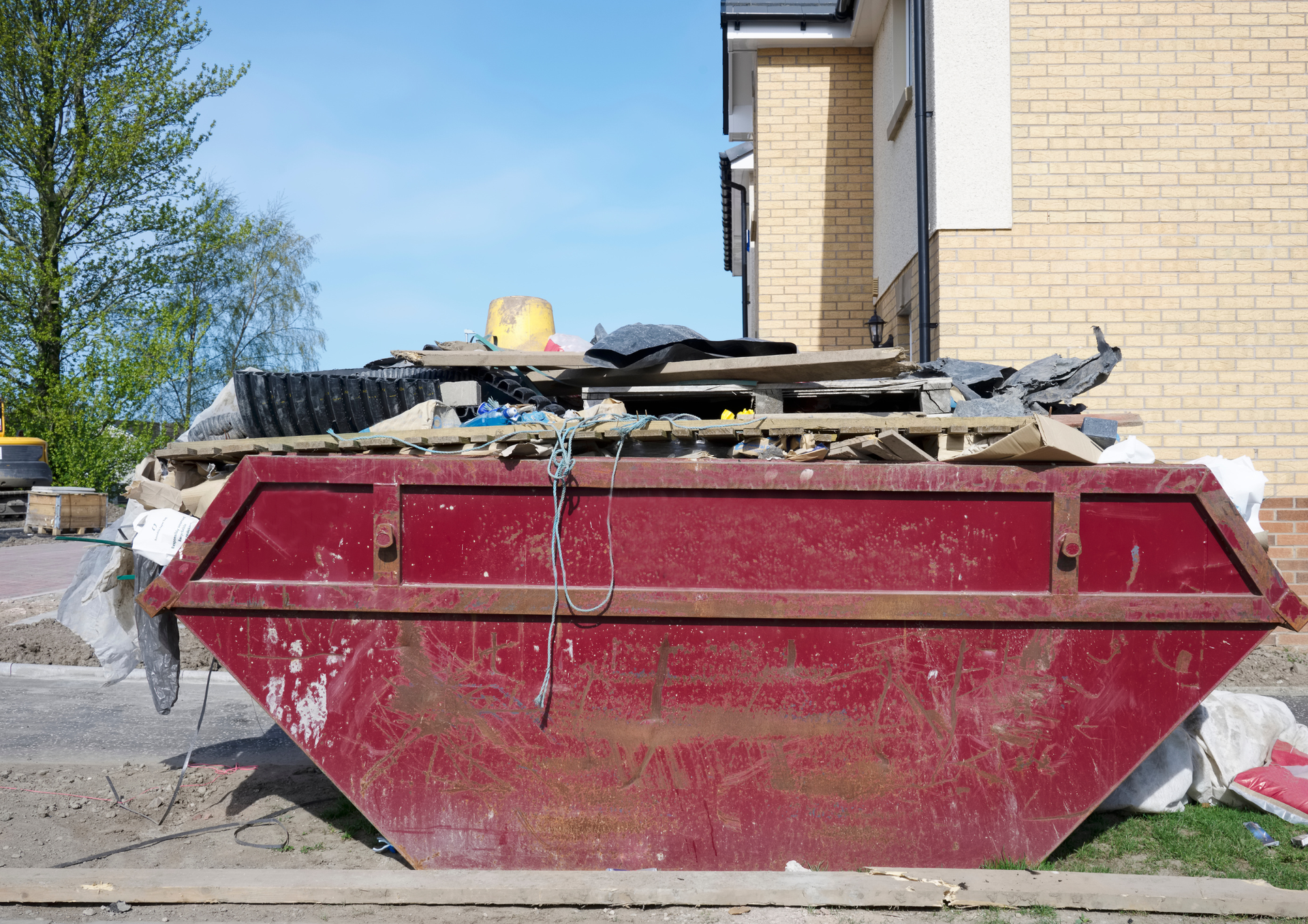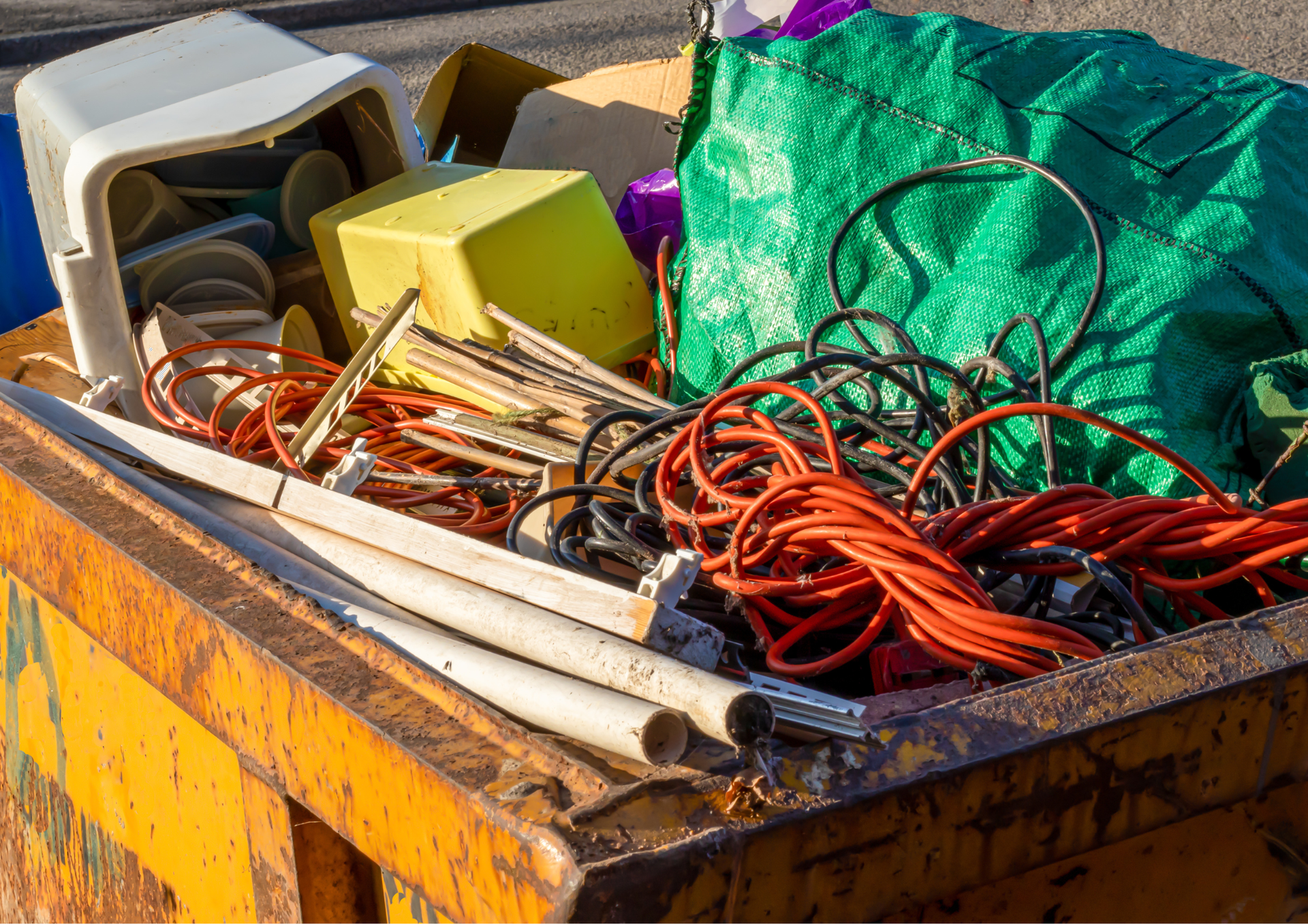Understanding Skip Hire Prices: What Impacts Your Final Cost
When planning a renovation, large clean-out, or construction project, hiring a skip is one of the most efficient ways to manage waste. However, skip hire prices can vary considerably, often leaving customers wondering what determines these costs and how to ensure they’re getting value for money.
This guide explores the key factors that influence pricing, how to choose wisely, and what you can do to keep your waste disposal.
Factors That Influence Skip Hire Prices
Skip hire prices can vary widely depending on factors such as skip size, location, and the type of waste being disposed of. Knowing what influences these costs helps you make informed decisions and avoid unexpected charges on your final invoice.
a. Skip Size
Naturally, larger skips cost more to hire than smaller ones. Mini skips, ideal for small domestic projects, are typically the most affordable, while larger roll-on-roll-off containers designed for construction sites attract higher fees. Selecting the right skip size for your waste volume ensures you’re not overpaying for unused capacity—or underestimating your needs and requiring a second skip later.
b. Type of Waste
The contents of your skip also affect the cost. General household waste is usually cheaper to dispose of than heavy construction debris, soil, or hazardous materials. Waste that requires specialist handling, such as plasterboard, electrical items, or asbestos, can increase disposal fees because it needs to be separated and treated according to strict environmental regulations.
c. Location and Access
Where the skip is delivered can impact pricing. Areas with limited access, narrow roads, or parking restrictions might incur additional fees due to the complexity of delivery. Likewise, rural locations may see higher transport costs, while urban areas can be more competitive due to the availability of local providers.
d. Duration of Hire
The longer you keep a skip, the higher the overall cost. Most companies include a standard hire period—typically one to two weeks—with additional days charged at a daily rate. Planning your project timeline carefully helps avoid unnecessary extensions and keeps expenses predictable.
e. Permits and Regulations
If your skip must be placed on a public road rather than private property, you’ll need a council permit. These permits vary in cost depending on the local authority and can add significantly to the total expense. Reputable companies often handle the permit application on your behalf to make the process stress-free.
How to Find the Best Value for Your Money
Getting a fair price doesn’t always mean choosing the cheapest option—it’s about finding a balance between affordability, reliability, and service quality. Here are some ways to ensure you’re getting genuine value from your skip provider.
a. Compare Services, Not Just Prices
Two companies might quote different rates for what appears to be the same service, but the inclusions often differ. Some may include delivery, collection, and disposal in their base rate, while others might charge extra for each element. Check the fine print to understand what’s covered and avoid hidden fees.
b. Ask About Waste Recycling
Sustainability is increasingly important in waste management. A professional skip company should prioritise recycling and responsible disposal. Choosing a provider that recycles a high percentage of waste not only benefits the environment but can also reduce landfill charges—potentially lowering your overall skip hire cost.
c. Choose the Right Skip for the Job
Matching your project size to the correct skip is one of the easiest ways to save money. Overestimating can mean paying for unused space, while underestimating could require additional skips. Discuss your requirements with the hire company—they can recommend the ideal size based on your project’s scope.
d. Time Your Hire Efficiently
Efficient scheduling is key to avoiding extra costs. Have your waste ready for disposal before the skip arrives, and ensure you fill it within the agreed timeframe. Prompt collection also reduces the risk of overfilling, fly-tipping, or neighbours adding their own waste to your skip.
e. Check for Additional Services
Some companies provide value-added services such as same-day delivery, wait-and-load options, or weekend collections. While these may come at a premium, the convenience and flexibility can justify the slightly higher rate—particularly for commercial or time-sensitive projects.
The Role of Waste Type and Recycling Regulations
One of the most overlooked factors in determining skip bin hire prices is the type of waste and the recycling rules that govern its disposal. Environmental legislation has become more stringent in recent years, requiring proper sorting, treatment, and recycling of materials before they reach landfill sites.
a. Sorting and Recycling Requirements
Waste from skips is not simply dumped; it’s sorted at a licensed facility. Items such as wood, metal, concrete, and plastics are separated and sent to recycling plants. This process incurs costs for labour, equipment, and compliance with environmental standards. The more complex your waste mix, the more labour-intensive (and costly) the sorting process can be.
b. Hazardous Waste
Certain materials cannot be placed in a standard skip, such as paint, solvents, batteries, and asbestos. These require specialised disposal methods that adhere to health and safety regulations. Always check with your skip provider before including such materials, as improper disposal can lead to fines or penalties.
c. Environmental Responsibility
Choosing a company committed to environmental stewardship not only ensures compliance but also supports a greener community.
d. Business Waste vs. Domestic Waste
Businesses often generate more regulated waste than households, meaning they may require detailed waste reports or disposal certificates to ensure compliance. These added administrative and handling needs can influence pricing, but choosing a provider that offers cheap skip bin hire helps keep costs manageable while ensuring all waste is handled safely, legally, and responsibly.
Tips for Keeping Skip Hire Affordable
Whether you’re managing a construction site, renovating your home, or organising an event, keeping costs manageable is always a priority. Here’s how to achieve affordable skip without compromising on quality or service.
a. Plan Ahead
Booking early gives you access to better availability and potential discounts, especially during peak periods like spring and summer when renovation projects are in full swing. Avoid last-minute bookings, as urgent deliveries may come at a premium.
b. Avoid Overfilling
Most skips must be level-loaded for safety reasons. Overfilling not only breaches regulations but can also result in additional charges or a refusal of collection. It’s more cost-effective to hire a slightly larger skip than to risk penalties for overloading.
c. Share a Skip
If you’re working on a project alongside neighbours or nearby businesses, consider sharing a skip. Splitting the cost reduces expenses for everyone involved while promoting a sense of community responsibility for waste management.
d. Separate Recyclables
Sorting materials before placing them in the skip can lower costs if your provider offers reduced rates for clean, recyclable loads. It also speeds up processing at the recycling facility and contributes to environmental sustainability.
e. Choose a Local Provider
Using a local company can reduce transportation costs and response times. Local providers are also more familiar with regional regulations, ensuring smoother permit approvals and compliance with local council requirements.
f. Look for Promotions or Packages
Some companies offer discounts for regular customers, trade accounts, or multiple skips over a set period. If you’re a construction company or landscaper frequently dealing with waste, establishing an ongoing partnership can yield significant long-term savings.
Understanding
skip hire prices is essential for anyone planning a project that generates a substantial amount of waste. Costs depend on various factors—skip size, waste type, location, hire duration, and environmental regulations—all of which influence the final quote. By comparing services, selecting the correct skip, and choosing a responsible provider, you can ensure efficient waste disposal without unnecessary expense.
Whether you’re managing a construction site, clearing out a home, or organising an event, taking the time to understand your options helps you make the best financial and environmental decision.
At
Skip Hire York, we’re committed to delivering reliable, professional, and affordable waste management solutions tailored to every need. Whether you’re looking for cheap skip for a household project or need commercial-scale services at competitive skip prices, our team ensures a seamless experience from start to finish.
We prioritise sustainability, partnering with licensed recycling facilities to reduce landfill waste and support eco-friendly practices. With transparent pricing, prompt delivery, and exceptional customer care, we make it easy to find the best price skip bins for your requirements.
Latest post on X:
Skip hire prices – what determines your total cost!





